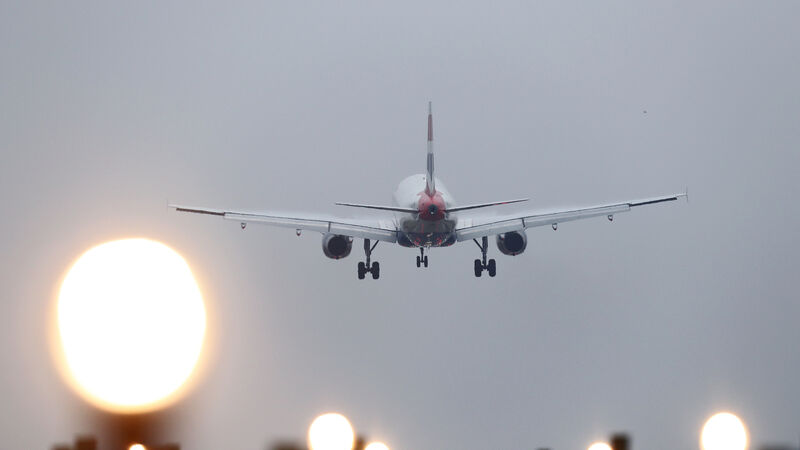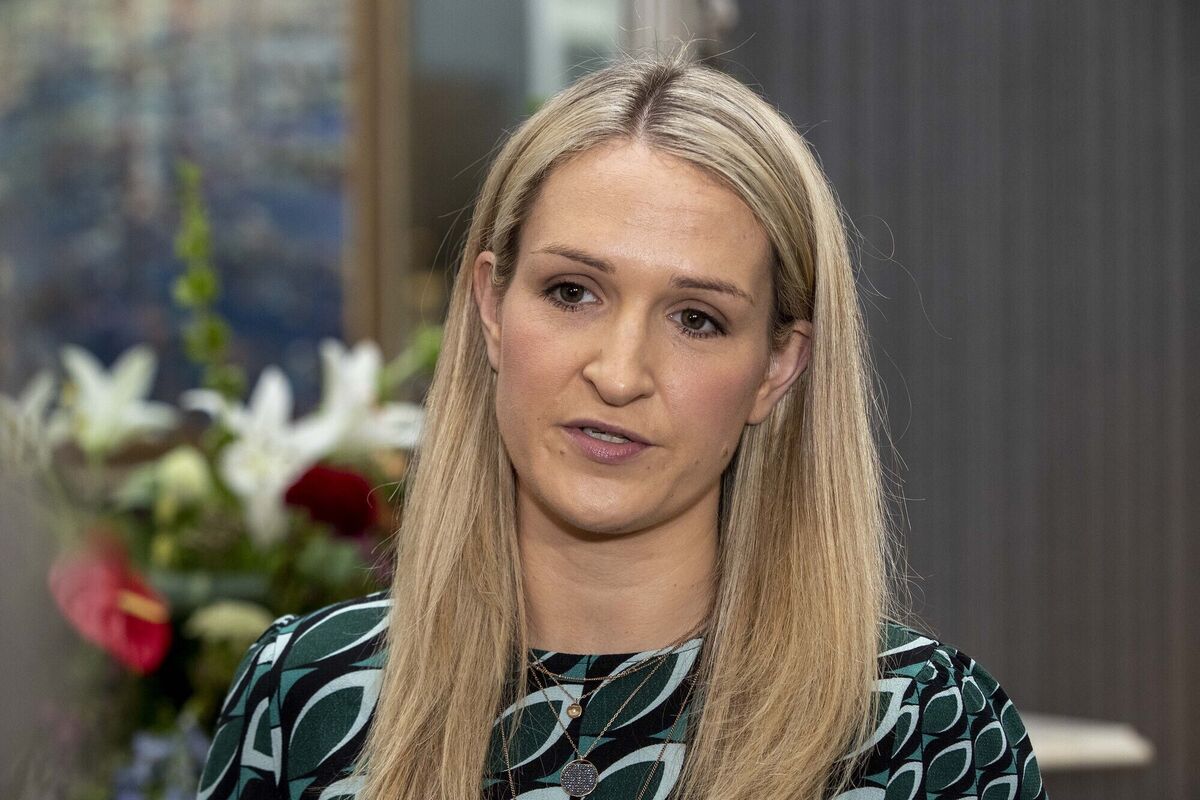Hundreds face deportation in 'chilling' refugee policy change

Senior Government sources say that while the number of people affected at present is small, it is accepted that this move will have a “sufficient chilling effect” to deter large number of migrants from coming to Ireland.
Hundreds of migrants who have had their visa applications refused are to be deported in the coming weeks following the Government's hardening of its immigration policy.
On foot of the suspension of the visa waiver for migrants from 20 safe countries, migrants still seeking to come to Ireland under the International Protection programme now face delays of between 8 and 14 weeks before they can arrive here.
Senior Government sources say that while the number of people affected at present is small, it is accepted that this move will have a “sufficient chilling effect” to deter large number of migrants from coming to Ireland.
They say that in addition to the country running out of accommodation for Ukrainian refugees, the direct provision system is also buckling under “unprecedented pressure”.
The Government has rejected criticism of the move by opposition parties and leading migrant advocacy and civil liberty groups.
Speaking in Japan, Taoiseach Micheál Martin claimed the measure is “wise” as up to five times more refugees are coming to Ireland this year compared to previous years.
The suspension of the visa programme is being defended on the grounds that the number of people seeking international protection has grown sharply since the lifting of the pandemic-related travel restrictions.
The numbers seeking asylum in Ireland rose from 956 in 2012 to 4,781 in 2019 before the numbers dropped significantly because of the pandemic. So far this year there have been 6,498 applications, according to official figures.

Last week, the Government ran out of space for Ukrainian refugees and asylum seekers in State-provided accommodation at the Citywest, forcing more than 300 people to stay in the old Dublin Airport terminal building.
Ministers have been given documents which show that, to the end of June the largest group of migrants arriving in Ireland were from Georgia (1,181), followed by Somalia (938), Algeria (798), Zimbabwe (572), and Nigeria (492).
Deportations effectively stopped during the Covid-19 pandemic. In conjunction with the decision to suspend the visa waiver, the removal of people from the State is now once again seen as “a necessary part of the immigration system”.
While a large number of deportation orders are made each year, just a fraction are enforced by authorities.
For example, in 2019, the last year deportations took place, there were more than 2,000 such orders issued, but just 298 were enforced. In 2018, there were 1,117 orders issued and 163 enforced.
Justice Minister Helen McEntee’s department said that with the lifting of public health restrictions and a return to more normal travel, it must be acknowledged that those who do not have a legal right to remain in this country must return to their own country, following fair procedure and having gone through all available avenues for appeal.
Describing the visa decision as “regrettable”, the Irish Refugee Council said: “Given the low numbers who travel through this mechanism, the suspension of this agreement risks being disproportionate and regressive."
The council said the Council of Europe agreement was an important way for refugees in Europe to travel to visit family members for a three-month maximum temporary period.
It added: “In our experience, these are families torn apart by war, who have been scattered to different parts of Europe. Requiring a visa application for such a visit adds considerable uncertainty and obstacles for refugee families and is in stark contrast to the principle of free movement for EU nationals.”
The council has also slammed the provision of tented accommodation at Gormanstonto deal with the influx of people seeking international protection here. Some 150 people were being put up at the Meath venue from Tuesday.
There is an urgent need to address “this unprecedented situation”, the council said, adding: “Tented or camp-style accommodation should be used for as short a period as possible, with strong health and safety and other protections in place.”










